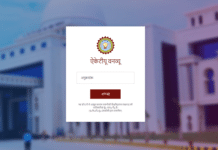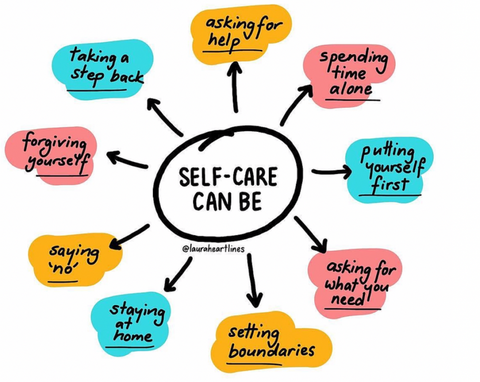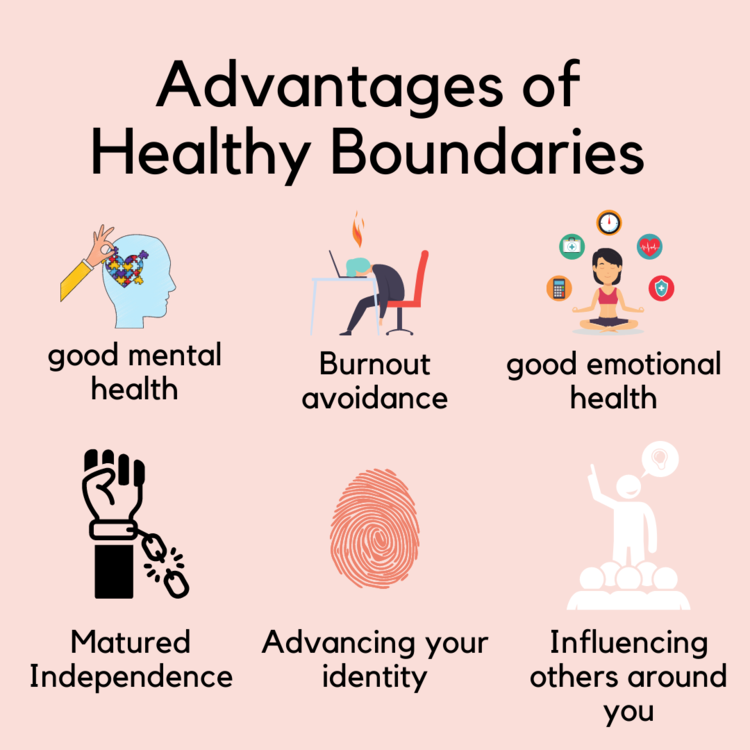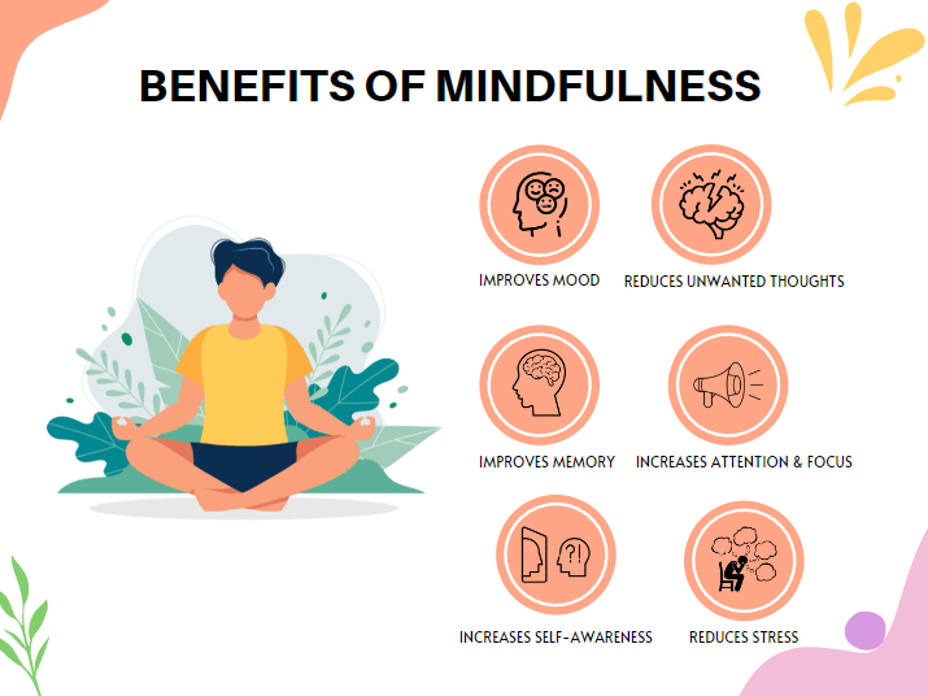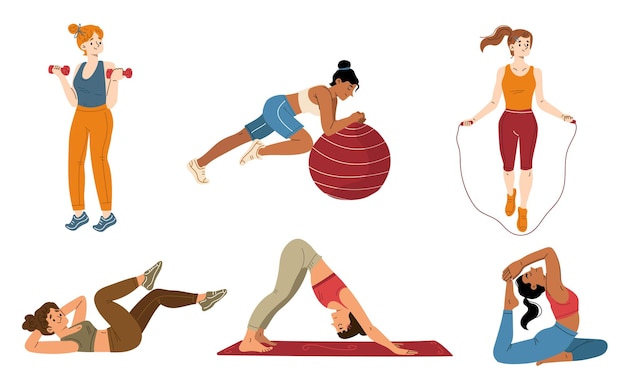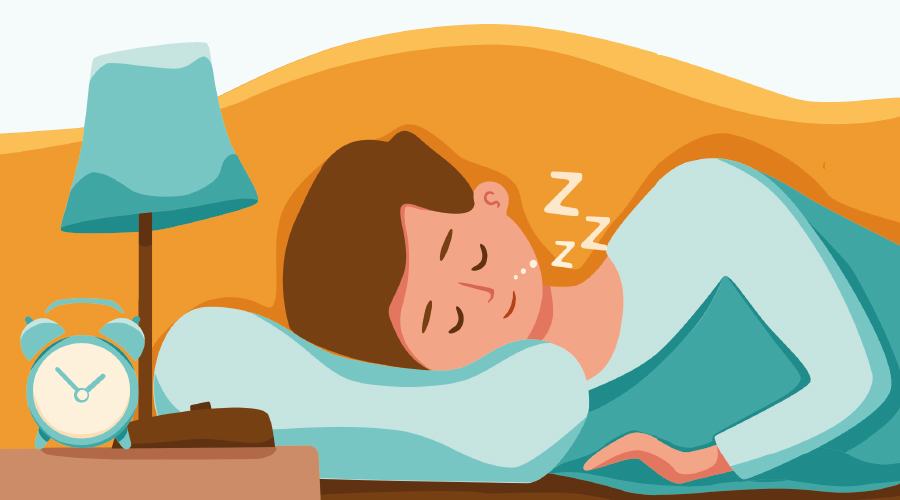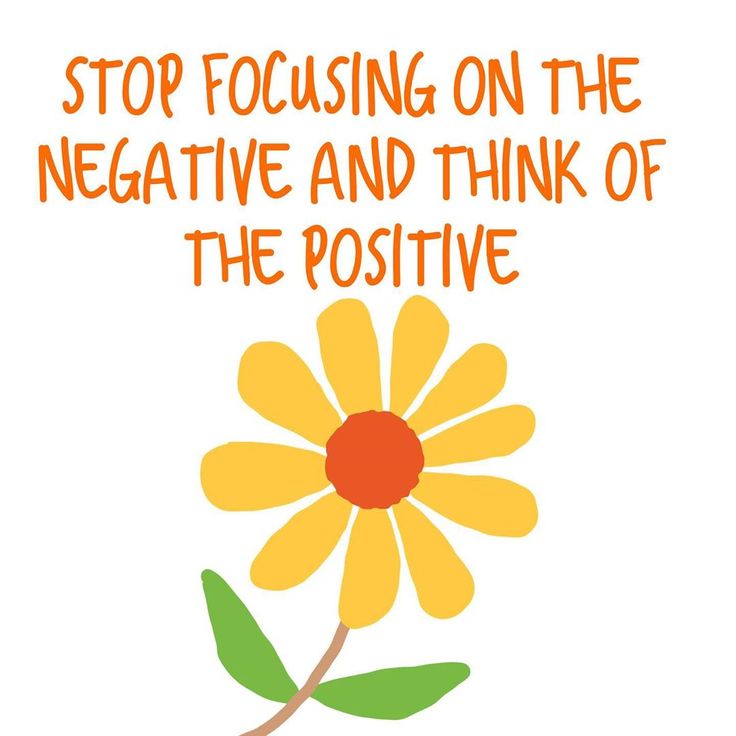Mental Health Tips for Coping with Stress
The anxiety that comes with leading the busy life we do nowadays is something that many of us are used to. Stress has a significant impact on our emotions and ideas. But don’t fear, assistance is available from this guide! It functions similarly to a helpful map, guiding you toward better feelings during difficult times. Everyone wants to have good mental health, and this article offers simple strategies to help achieve that. See it as a treasure trove filled with easy-to-use stress-reduction techniques. We’ll go over useful suggestions, like taking care of oneself and scheduling downtime. It’s like having a superpower toolbox full of easy-to-use solutions to deal with stress. Let’s embark on this adventure together and find simple yet effective things we can do!
Prioritize self-care:
Self-care begins with self-evaluation, understanding your boundaries, and setting aside time each day for activities that make you happy and relaxed. Listen to your body’s signals, Make sure you’re getting enough sleep, Learn how to manage your stress, Set realistic goals that will help you maintain a healthy self-care routine. Remember that self-care isn’t a luxury, it’s an essential part of our well-being. By integrating these practices into your daily routine, you not only prioritize your self-care, but you also cultivate a deep understanding of how important it is in maintaining balanced and fulfilled life.
Establish healthy boundaries:
Setting appropriate limits is one of the greatest methods to control stress and preserve mental wellness. A wonderful strategy to safeguard oneself against pressures is to establish boundaries, both personal and professional. When you communicate these boundaries with confidence, you create a safe space for your well-being and avoid the negative consequences of overwhelm. Setting appropriate limits is one of the greatest methods to control stress and preserve mental wellness. A wonderful strategy to safeguard oneself against pressures is to establish boundaries, both personal and professional.
Practice mindfulness and meditation:
It can be calming to find a small, peaceful island to spend some time in meditation and mindfulness when things get stressful. As wise individuals often say, paying attention goes a long way. To calm your thoughts, visualize yourself taking deep, slow breaths. It’s just a little vacation from all the hectic stuff, nothing difficult. Refocusing on the present moment and reducing stress levels are two benefits of mindfulness. Moment by moment, meditation transforms you from a weak and anxious person into a strong and peaceful person.
Regular Exercise:
One essential mental health advice for stress management is regular exercise. Exercise provides your mind with a natural rush of hormones that relieve stress and provide a welcome diversion from everyday concerns. It strengthens the body and the psyche, much like a trustworthy friend. Exercise becomes a transforming practice when you add activities like dancing, running, or walking to your routine. These practices promotes a positive outlook and enhances resilience, providing a way to lead a more balanced and stress-resistant existence.
Ensure Quality Sleep:
Making excellent sleep a priority provides your body and mind a much-needed time to heal. Getting adequate sleep is one of the best methods to manage stress and maintain mental wellbeing. Good sleep helps your brain absorb emotions and experiences by acting as a natural stress reliever. Getting enough sleep helps you wake up feeling rejuvenated and more capable of tackling everyday obstacles. A healthy sleep schedule promotes cerebral clarity, emotional stability, and overall wellbeing. So, see every night as an opportunity to take care of your body and mind in preparation for a better tomorrow.
Maintain a Balanced Diet:
For the purpose of reducing stress and promoting mental wellness, consuming a balanced diet is crucial. Consider it as supplying the right fuel for your body and mind to function at their best. It’s similar to creating a daily meal that improves your general health and resilience to stress. Consume a diet rich in fruits, vegetables, whole grains, and lean meats for the best possible mental and physical health. You may lower stress and set the stage for long-term mental health by eating with awareness.
Cultivate Meaningful Connections:
Building deep relationships is similar to tending to the foundations of your wellbeing and ability to de-stress. Making meaningful connections is an investment that creates a network of support that gets you through life’s challenges. These relationships offer a sense of acceptance and belonging, whether they are with family, friends, or the community. They become a wellspring of happiness, humor, and life stories, reducing the negative effects of stress and fostering well-being. Thus, cultivate connections based on empathy, trust, and mutual assistance, and see how they enhance your life and improve your general well-being.
Learn to say No:
Learning to confidently say no becomes an essential tool in the complex dance of stress management and mental health maintenance. It’s like building boundaries that keep you safe, like a shield defending your well-being stronghold. By using that two-letter word, you can protect yourself from the overwhelming pressure. By choosing to say no, you are demonstrating a deep sense of self-compassion, accepting your limitations, and protecting the delicate equilibrium between your emotional and mental toughness. Let it be your compass, directing your time and energy toward pursuits that align with your wellbeing and ultimately fostering the development of a more balanced, healthier life.
Seek Professional Help:
One of the most important steps in maintaining good mental health and lowering stress is getting professional help. Consider it akin to contacting a knowledgeable mentor on your path towards optimal health. Professional support services like therapy and counseling offer a secure setting for examining feelings, developing coping strategies, and learning important information. It’s similar to having a knowledgeable guide at your side who provides you with specific tools to assist you get over challenges in life. Therefore, consider professional help to be a really useful tool if you’re striving to live a better, more balanced life.
Focus on Positivity and Gratitude:
Reducing stress and maintaining mental health require cultivating optimism and thankfulness, which is similar to tending a mental garden. It’s about learning to see the bright side of life, no matter how tiny, and cultivating an attitude that thrives in the face of adversity. Developing an attitude of gratitude is like planting seeds of hope and strengthening your fortitude in the face of difficulty. People may develop a mentality that reduces stress and improves mental health by making a conscious effort to notice their benefits and show gratitude. A more contented, balanced, and stress-resistant life is possible when optimism and thankfulness are accepted as essential elements of everyday existence.
In pursuit of good mental health and stress reduction, these ten essential tips offer a comprehensive guide.The path begins with self-care as the cornerstone, promoting happy and restful times. It then progresses by creating healthy boundaries and promoting a balance between personal and professional life. When combined with the three pillars of physical health—regular exercise, sound sleep, and a healthy diet—mindfulness activities offer a haven for the mind. While getting professional assistance when necessary is a useful resource, fostering genuine connections and having the self-control to say no create a social support system. Redirecting attention to the good parts of life, focusing on optimism and thankfulness, becomes a daily affirmation. When taken as a whole, these suggestions provide people with a comprehensive toolset that helps them prioritize their mental health and manage stress—a continuous commitment to a better, more balanced life!












